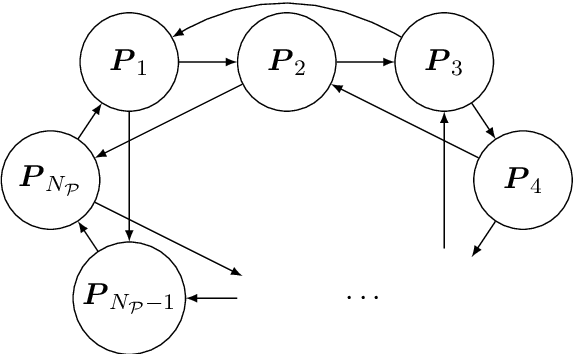Søren B. Vilsen
DNA mixture deconvolution using an evolutionary algorithm with multiple populations, hill-climbing, and guided mutation
Dec 01, 2020



Abstract:DNA samples crime cases analysed in forensic genetics, frequently contain DNA from multiple contributors. These occur as convolutions of the DNA profiles of the individual contributors to the DNA sample. Thus, in cases where one or more of the contributors were unknown, an objective of interest would be the separation, often called deconvolution, of these unknown profiles. In order to obtain deconvolutions of the unknown DNA profiles, we introduced a multiple population evolutionary algorithm (MEA). We allowed the mutation operator of the MEA to utilise that the fitness is based on a probabilistic model and guide it by using the deviations between the observed and the expected value for every element of the encoded individual. This guided mutation operator (GM) was designed such that the larger the deviation the higher probability of mutation. Furthermore, the GM was inhomogeneous in time, decreasing to a specified lower bound as the number of iterations increased. We analysed 102 two-person DNA mixture samples in varying mixture proportions. The samples were quantified using two different DNA prep. kits: (1) Illumina ForenSeq Panel B (30 samples), and (2) Applied Biosystems Precision ID Globalfiler NGS STR panel (72 samples). The DNA mixtures were deconvoluted by the MEA and compared to the true DNA profiles of the sample. We analysed three scenarios where we assumed: (1) the DNA profile of the major contributor was unknown, (2) DNA profile of the minor was unknown, and (3) both DNA profiles were unknown. Furthermore, we conducted a series of sensitivity experiments on the ForenSeq panel by varying the sub-population size, comparing a completely random homogeneous mutation operator to the guided operator with varying mutation decay rates, and allowing for hill-climbing of the parent population.
 Add to Chrome
Add to Chrome Add to Firefox
Add to Firefox Add to Edge
Add to Edge